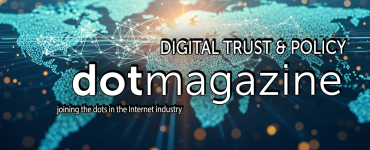The German Network Enforcement Act (NetzDG) remains a superfluous law and a threat to the freedom of opinion in the Internet. This is the conclusion of eco – Association of the Internet Industry upon reading the transparency reports just published by the Internet platforms required to do so under the act. The figures show that the overwhelming majority of content reported does not infringe the NetzDG.
In the second half of 2018, most companies received considerably fewer complaints about contributions than in the first six months. Some companies did see an increase in complaints in comparison to the previous reporting period, but even here, fewer actual legal infringements were identified in comparison to the previous reporting period.In cases where companies are deleting more than in previous years, this is not as a result of the law, but of greatly improved technology and an increased awareness within the company of the problem.
State must not outsource the administration of justice to companies
While the actual value of the NetzDG remains doubtful, the negative aspects of the law all remain. In the view of the association, the law takes a fundamentally flawed approach to the fight against illegal Internet content: When Internet companies are forced by law, with the threat of heavy fines, to decide on matters of illegality or freedom of opinion, and to remove undesired comments from their platform, this creates a parallel private-sector administration of justice alongside the law enforcement authorities. Perpetrators are not made accountable and victims do not receive justice. eco believes that is in direct contradiction to the German legal system. The state must not be allowed to outsource portions of its administration of justice to companies.
The controversial Network Enforcement Act (NetzDG), which obligates the operators of online platforms to delete criminal Internet content within a particular time limit and under the threat of heavy fines, has been in effect since 1 January 2018.
As is stipulated in the law, the principally affected Internet companies Google, Facebook, and Twitter presented their second evaluation reports on the status of the implementation of the regulation punctually.
The transparency reports contain information about the number of incoming reports in the six-month period, and about the type of content that was taken down. Further, the reports contain general information about the respective company’s process and guidelines for the removal of content




